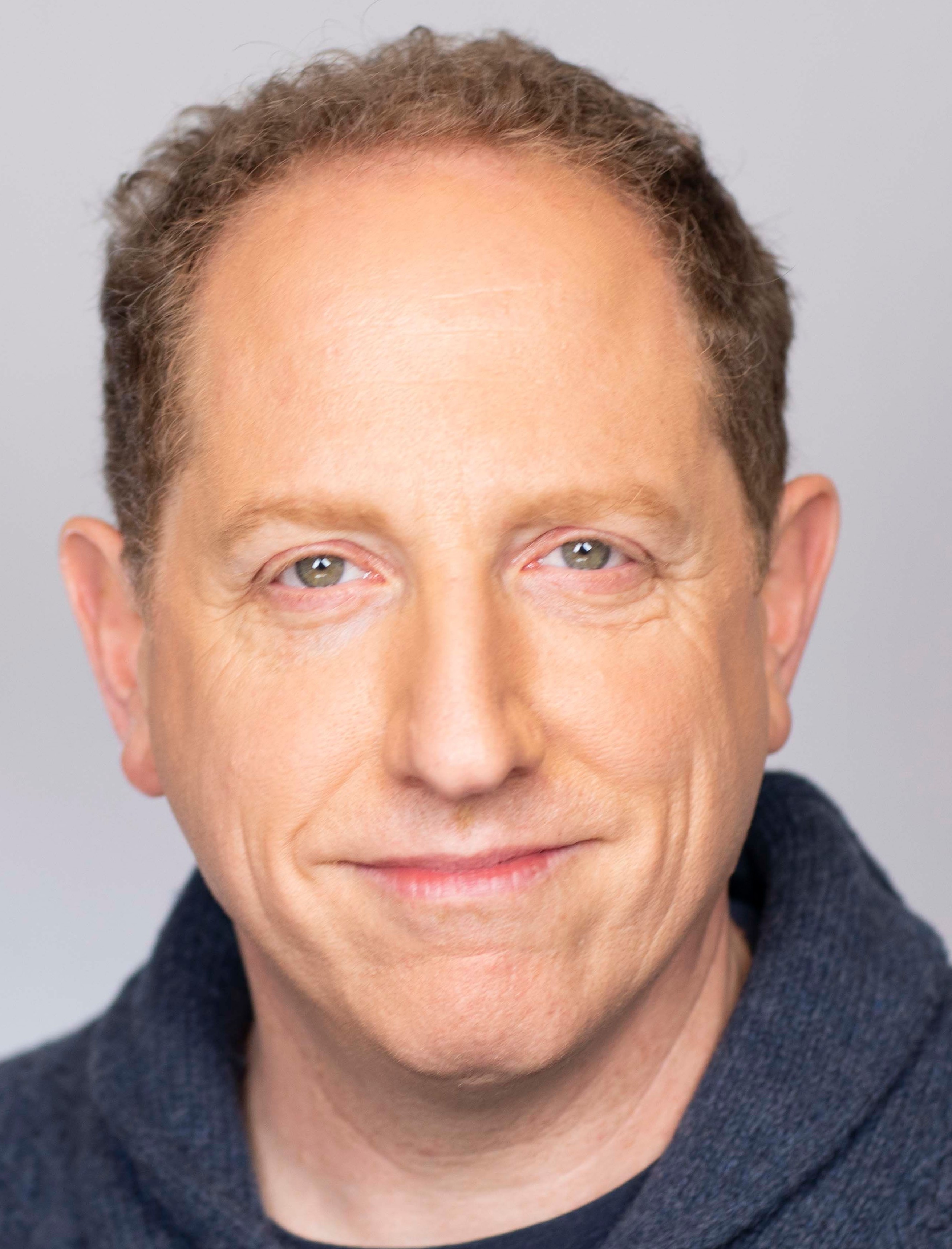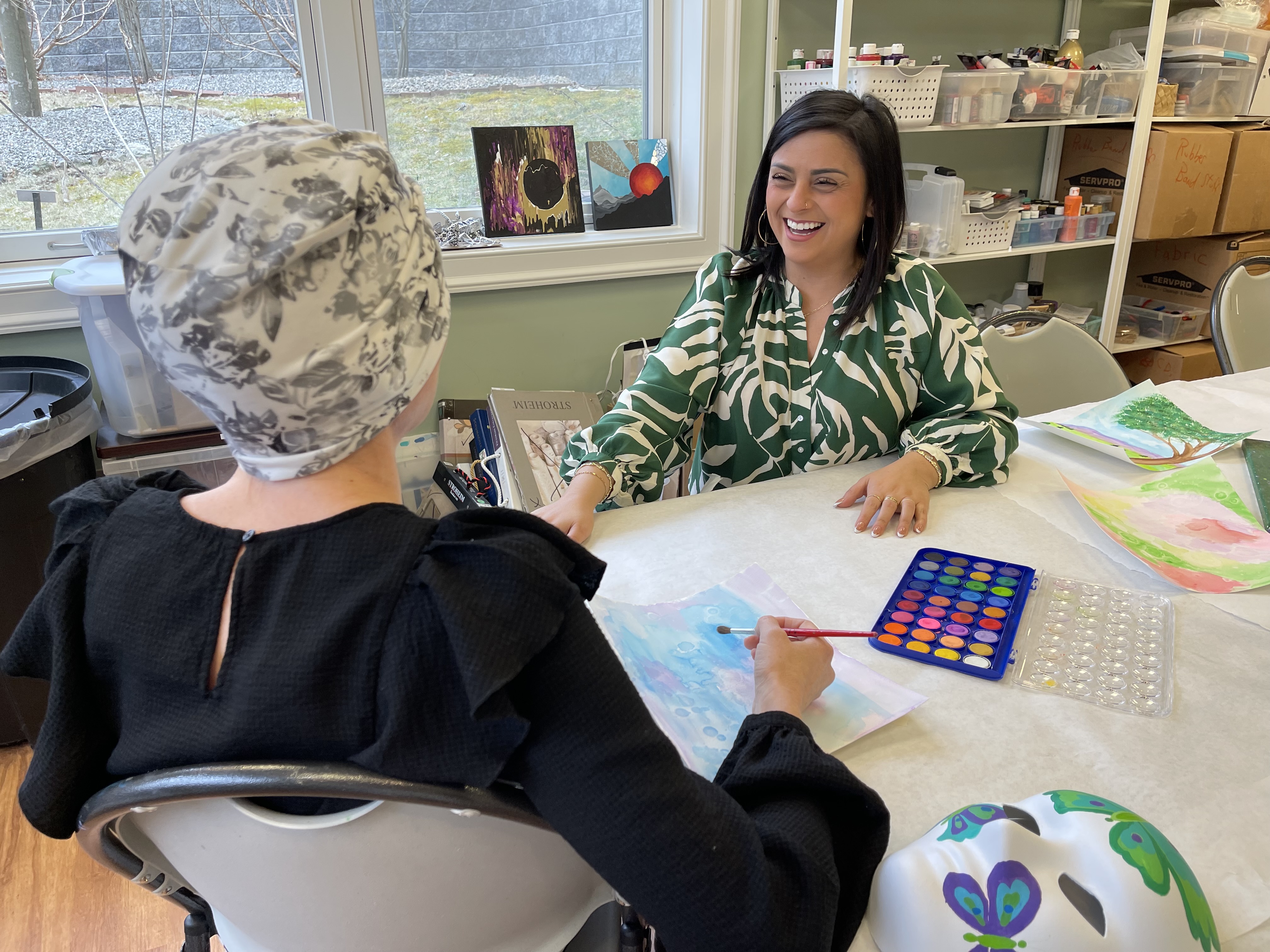Ask the Doc: David Hill, MD, FCCP

Waterbury Pulmonary Associates
What advice do you have for people who are at high risk for lung cancer?

At the Harold Leever Regional Cancer Center, we are privileged to provide the best community cancer care available for each patient. Our blog serves as an extension of this care, offering community-based resources on a wide array of cancer-related healthcare topics.
For additional information and resources, we encourage you to signup for our email communications that include our AWARE newsletter.

What advice do you have for people who are at high risk for lung cancer?
Did you know that although lung cancer screening is extremely effective at identifying lung cancer in the early stages and improving survival rates, 95.5% of people who qualify for lung cancer screening have not been screened?
Here’s what you need to know about lung cancer, lung cancer screening, and whether you qualify.
Many people scheduled for ostomy surgery or who have had ostomy surgery don’t know about the Waterbury Area Support Group at The Harold Leever Regional Cancer Center.
 The Harold Leever Regional Cancer Center is proud to partner with Ann’s Place, a community-based cancer support team that offers the Art Therapy and Living with Stage 4/Incurable Cancer support groups held on-site at the Leever Center.
The Harold Leever Regional Cancer Center is proud to partner with Ann’s Place, a community-based cancer support team that offers the Art Therapy and Living with Stage 4/Incurable Cancer support groups held on-site at the Leever Center.
The concept of organic farming is not new. In fact, “traditional farming,” now called “organic,” has been practiced for thousands of years.
I’m a radiologist. Radiologists are medical doctors who specialize in diagnosing diseases using medical imaging.
When patients come to The Harold Leever Regional Cancer Center, they need more than just medical treatment – they need support, resources, and guidance to help them through a challenging journey. Here, the patient is at the center of everything we do. From prevention to treatment and recovery, we’re here for you every step of the way, providing the care and support you need to ease your cancer journey and ensure you receive the best care possible.
At The Harold Leever Regional Cancer Center, the radiation team is dedicated to providing the safest and most advanced radiation therapy to every patient. A significant part of that is developing a customized treatment plan.
As consumers, we are barraged with nutrition information, and it is often hard to determine what claims are legitimate. The most recent debate concerns something that has been around for a long time: ultra-processed or highly processed foods. It’s helpful to know what this means.
The President’s Cancer Panel recommends lung cancer screening as the single most effective way to reduce mortality from the disease and improve health equity and access.